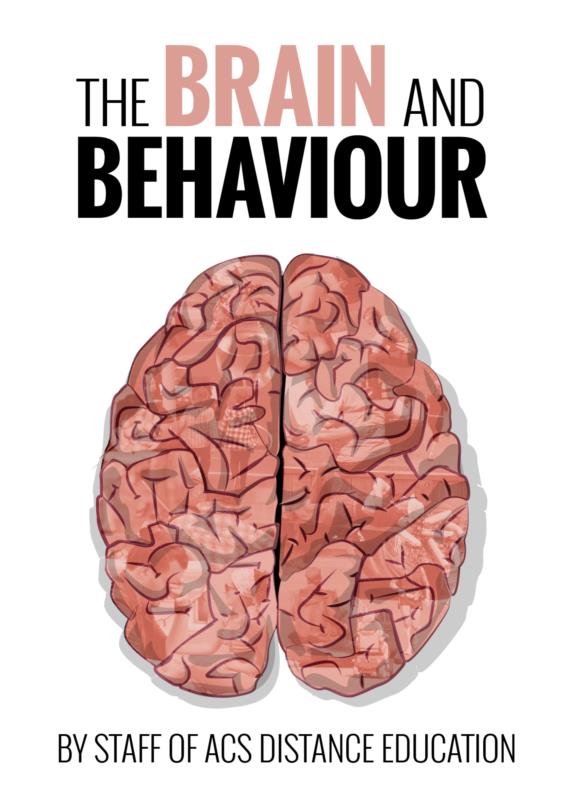How we perceive the world around us has been one of the greatest mysteries of the human world. How we see, how we hear, how we smell.
We still did not understand how our nervous system senses and interprets information from our environment in how temperature and mechanical stimuli (For example, if something brushes against us, such as a hair or something else) are converted to electrical impulses in our nervous system.
Joint Nobel prize winners Julius and Patapoutian further advanced our understanding of the sense of touch. Our sense of touch is vitally important for our survival. We need to know when something is too hot or too cold. If we drink something too hot, or touch something too hot, it can burn us. If we touch something too cold, it can also cause cold burns. Being burnt by heart or being too cold can actually be fatal. It is therefore essential that we can detect heat or cold.
Julius and Patapoutian did separate work and their work helped us to understand more about how pressure and temperature are perceived.
Julius used a compound from chilli peppers called capsaicin. This creates a burning sensation. He used this to identify what sensors in the nerve cells of the skill responded to heat.
Patapoutian used pressure-sensitive cells to discover which sensors respond to the mechanical stimuli of our skin and internal organs.
Their research has also led to a rapid increase in more research in this area, which then lead to a greater understanding of how our nervous system senses hot and cold, and mechanical stimuli.
Why is this research important?
Their research has shown us how we have the ability to perceive touch and feel the position and movement of our body parts. Their research has led to more discoveries, which will be helpful in understanding more about many diseases and conditions, such as chronic pain, neuropathic pain and so on, but also it will help us to understand more about how urination, respiration and blood pressure work.
Are you interested in learning more about the way our senses work? The way our brain works? Have a look at the courses and eBooks we offer -
Brain and Behaviour eBook
Biopsychology I - 100 hour distance learning course
Biopsychology II - 100 hour distance learning course
